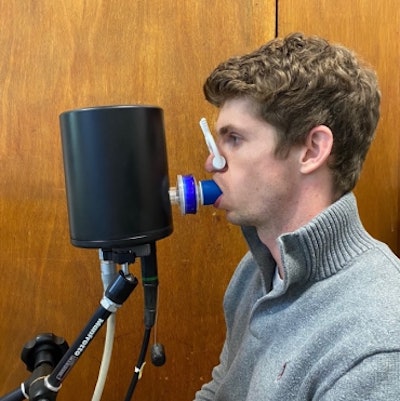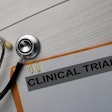
Researchers at Oxford University are working on a project that could lead to an earlier, more accurate diagnosis of lung diseases including COPD and asthma.
According to a news release, the ACCESS (A Community-Based Diagnostic for Early Airways Disease) project will receive more than $1.7 million dollars in funding from the Engineering and Physical Sciences Research Council (EPSRC), which is part of U.K. Research and Innovation.
Current diagnosis of asthma and COPD relies on spirometry to measure how much air a person can forcefully breathe out. According to the researchers, by the time spirometry picks up lung abnormalities, the damage to the lungs is usually irreversible, which can result in late diagnoses, missed chances for early treatment and poorer outcomes.
The new approach, called computed cardiopulmonography (CCP), is performed while a patient breathes normally for 12 minutes through a mouthpiece linked to a highly accurate gas analyzer. Using cutting-edge laser technology and advanced mathematical modeling, the test captures a detailed picture of how evenly air flows through the lungs. This “fingerprint” of lung function changes early in the course of disease, meaning CCP can potentially spot problems spirometry might miss.
While early studies of the test have been positive, the researchers said the problem is that it takes too long and requires special gas supplies, which limits its usage to hospitals and research labs.
The goal of the ACCESS project is to adapt CCP for widespread use, including in general practice, pharmacies and community diagnostic hubs. The research team said it will work to reduce the time duration and volume of gas needed for each test. It will also try to speed up the data analysis so the results can be shared with the patient during the same appointment.
Project lead Grant Ritchie, MA, DPhil, professor of chemistry at Worcester College and head of physical and theoretical chemistry at Oxford Chemistry, said the test could change the way the medical community approaches lung disease.
“To improve lung health, we need to move from fire-fighting advanced disease to detecting and treating it earlier, when it is still possible to prevent progression,” he said. “With EPSRC support, we are developing a rapid, noninvasive breath test that could provide immediate results in community diagnostic settings and transform early diagnosis.”























